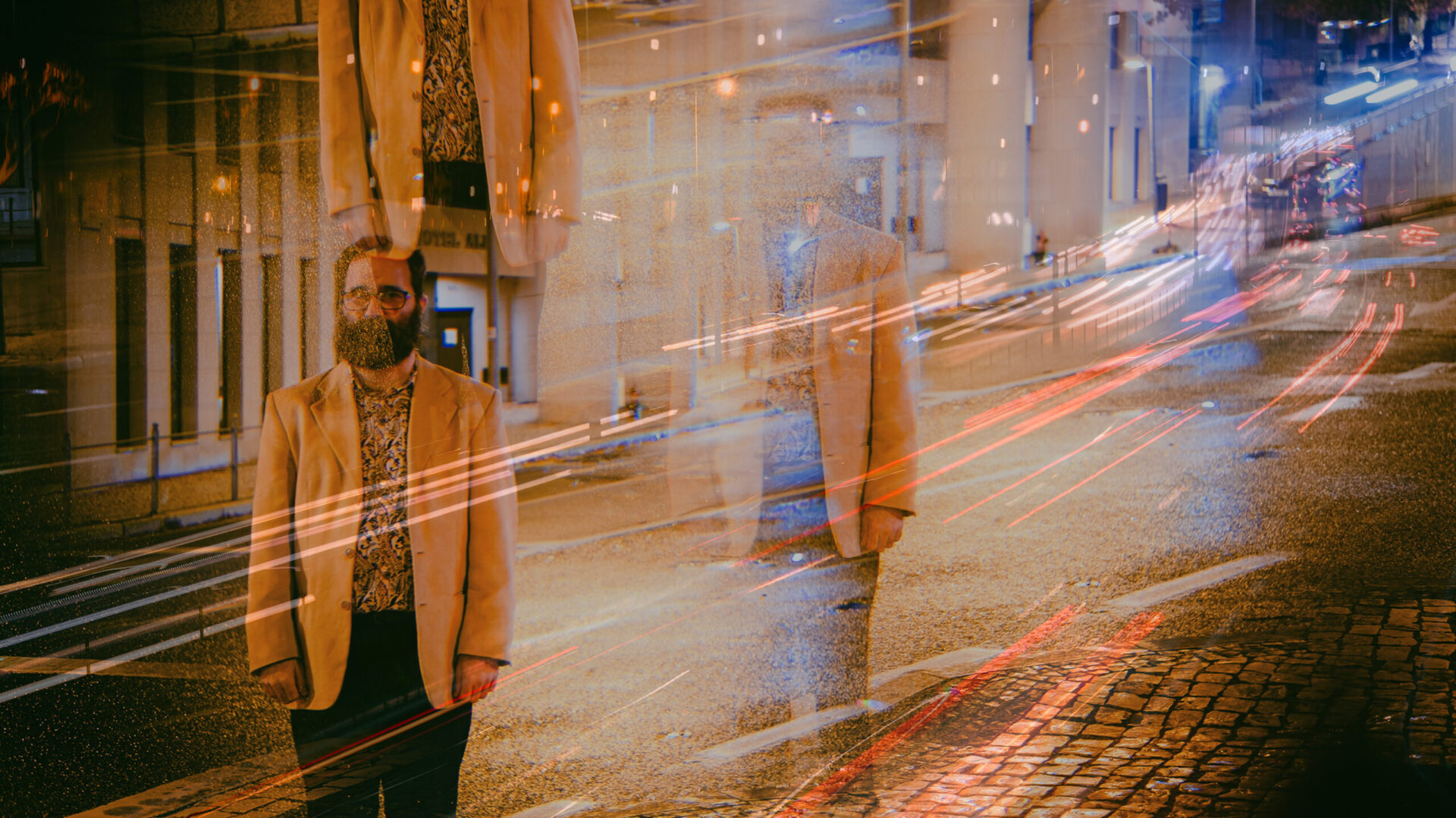Release Date: October, 2009
Format: Digital / CDR
Label: Resting Bell
The Western Lands, the western bank of the Nile: The frontier to a vast and inhospitable desert, today as in ancient times – but also, in Egyptian mythology, the Land of the Dead: A space open to be filled, just as William Burroughs work published in 1987, with meaning, an ‘open book’ in many ways, readable from all possible angles, strung together by an ambience which transcends the limitations of chronological ‘storytelling’: Juggling with atmospheres, real and unreal memories, and steeped in occult symbolism. The road which leads to the Western Lands, Burroughs tells us, “is devious and unpredictable. Today’s easy passage may be tomorrow’s death trap. […] To reach the Western Lands is to achieve freedom from fear.”
Far more than an interpretation of Burroughs’ text, Tiago Sousa’s “The Western Lands” retraces itself the journey of an artist towards an unknown territory, aiming not at a ‘conclusion’, but a transition: Just as Burroughs intersects the present with an hallucinatory ‘beyond’, subverting our common notion of ‘reality’, Tiago Sousa’s seven compositions draw upon both the noisy and the melodious, loose rhythms as well as hypnotic repetitions, parallels of equal value which never converge to one simple truth, one simple solution. It comes as no surprise, then, that “The Western Lands” also marks the introduction of a second voice to Sousa’s musical spectrum – the guitar, new counterpart to the piano, the former protagonist of his two earlier works (“Crepúsculo”, 2006, and “Noite / Nuit”, split with french artist SRX, 2007): From the frail harmonies of “The Writer” and “The Valley”, to the harsh and discordant sounds of “Can any soul survive the searing fireball of an atomic blast”, the sinister melancholy of “The Road to Western Lands” – pieces like “Waghdas”, “Ka” and “Centipede’s City” always hold Sousa’s work in an unsettling balance, never quite yielding to either side, unfolding a wide musical landscape we as listeners can wander in: A musical ‘cut up’, equally “devious and unpredictable”, whose lost part are for us to find: “The most obvious road is almost always a fool’s road.”
All songs written and recorded by Tiago Sousa
Thanks to: friends and family, specially to Ritinha, Carlota and Christian
